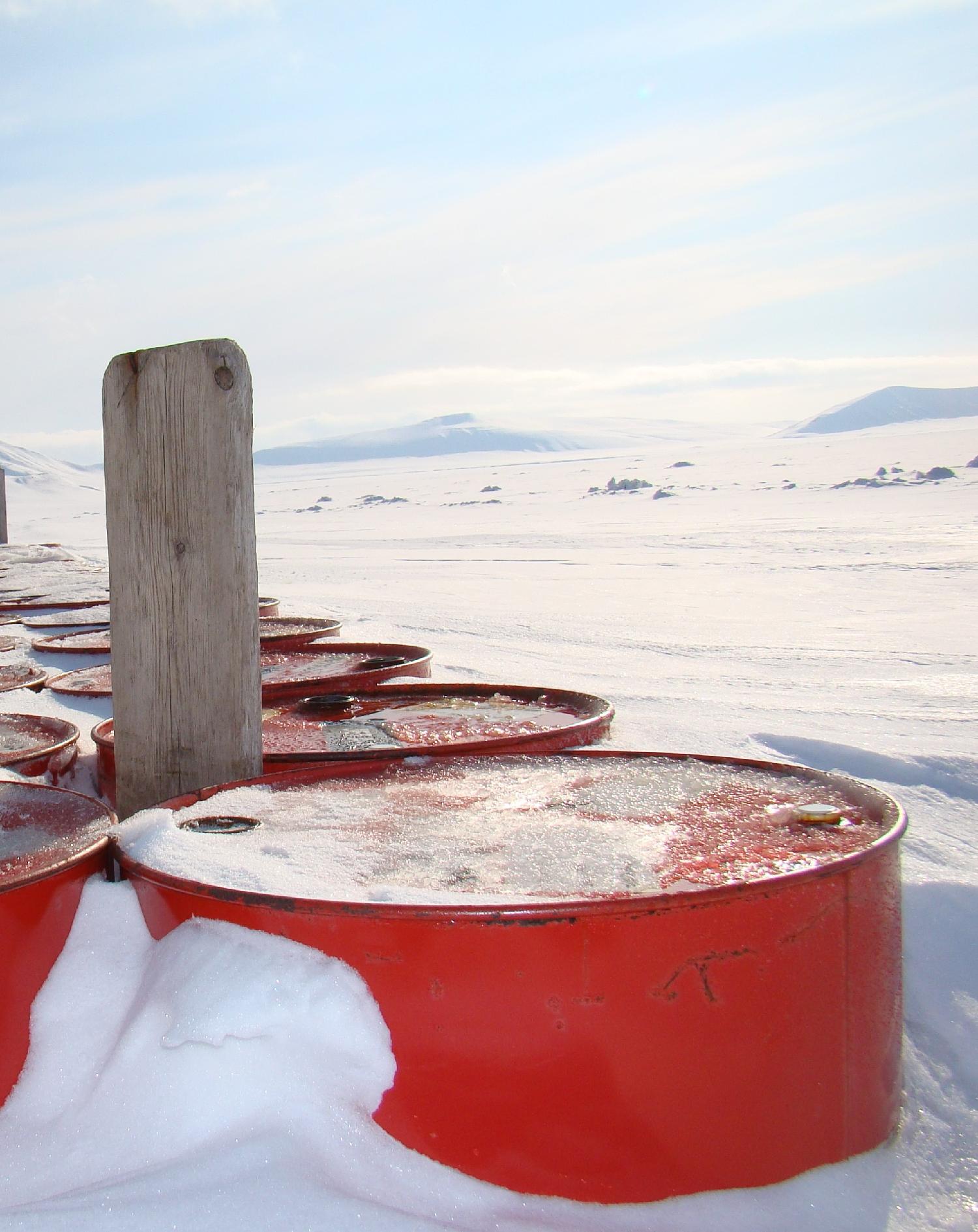Tens of thousands of chemical compounds are in use today, alongside plastics, mercury, and other legacy pollutants that persist in the environment. Many of these contaminants end up in the Arctic, transported over long distances or introduced through growing local industrial and shipping activities. In a region already experiencing the world’s fastest climate change, Arctic marine ecosystems face a unique cocktail of stressors.
This master’s specialisation provides the knowledge and skills to study the sources, fate, and biological effects of pollutants, with a strong focus on Arctic marine environments and wildlife. Through a multidisciplinary approach, you will gain expertise to understand and address these complex challenges - preparing you for a career in research, management, or applied solutions for a more sustainable future.
This study programme requires compulsory attendance to the introductory meeting.
Admission requires:
- bachelor’s degree (180 ECTS) or an equivalent degree following a programme of study of minimum 3 years.
- a minimum of 80 ECTS in the bachelor's degree must include a specialization in biological topics [i.e., biodiversity (zoology/botany), ecology, cell- and molecular biology, microbiology, physiology (animal/plant), biochemistry and bioinformatics].
- a minimum grade average comparable to a Norwegian C (3,0) in the ECTS scale. The average grade is calcualted from the entire bachelore´s degree.
- proof of English language proficiency. (Applicants with education from non-Nordic countries. You will find more information of English language requirements here.)
Applicants with a degree in Agricultural, Fisheries and Aquaculture studies, Biomedical laboratory sciences ("Bioingeniør"), or Bachelor of Pharmacy, Medicine or Dentistry do not fulfil the admission requirements.
How to apply for admission to UiT? Read more here
Non-EU students must be prepared to pay tuition fees, more information here
Non-EU/EEA applicants: 2081
EU/EEA + Swiss applicants: 7115
Nordic applicants: 6025
Program description
Ecotoxicology is the study of how man-made pollution affects organisms at all levels of biological organization, from cells to ecosystems. The subject is multidisciplinary and primarily integrates ecology and toxicology with advanced knowledge of one or several of the following fields of sciences: cell and molecular biology, physiology, environmental chemistry and ecology.
A fundamental introduction to ecotoxicological principles and approaches, as well as contemporary research topics, will be provided by this specialization. A broad choice of elective courses, including those at UNIS, will allow knowledge on Arctic ecosystems to be deepened from molecular, physiological, or ecological perspectives.
Students will be an integral part of the Arctic Marine System Ecology (AMSE) Research Group and are expected to participate actively.
Learning outcomes
The specialization in Arctic Marine Ecotoxicology gives you advanced knowledge of how human-induced stressors affect arctic marine organisms, populations, and ecosystems. You will gain knowledge of various contaminant classes, including their sources, properties, environmental behavior, and biological effects, from molecular toxicity to broader ecological impacts. You will also develop skills in applying diverse ecotoxicological methods, such as toxicity testing using in vivo, in vitro, and in silico approaches.
Job prospectives
The Master’s degree in Biology will allow you to qualify for different career paths and prepare you to step into a professional role or to apply for a PhD.
A Master of Science degree in Biology will prepare you for a wide range of jobs, in both public and private sectors, including research, resource and nature management, administration, consulting and the teaching profession.
The master thesis can play an important role to establish your domain of expertise and to showcase acquired technical and soft skills. Also, it can be very important in building scientific and professional network, that will be a support in your future job search.
Degree Name
Master`s of Science in Biology.Access to further studies
On successful completion of the degree programme, students may be qualified for admission to to a PhD-programme in Biology at the UiT or elsewhere.
Study plan
Language of instruction
The language of instruction and all syllabus material is English.
Teaching and assessment
Several teaching and assessment methods are employed, including lectures, seminars, laboratory work, computer lab and field courses. These will vary from course to course.
Course examinations may be oral or written examinations, assessments of project work/ lab reports/field reports, often in combination.
Supervision of the project work that leads to the writing of the Master`s thesis will be given by faculty staff, sometimes in co-operation with an external supervisor.
Students can undertake periods of studying at The University Centre at Svalbard (UNIS).
International exchange during an entire semester is not possible in the first year of studies due to obligatory courses.
Stays abroad can take place as part of a master project in the third and fourth semester. Please consult the program study advisor for more information.
Destinations for studies abroad
Saga Svavarsdottir
SeniorrådgiverVil du vite hvordan det er å være student ved UiT? Følg @uitstudent på Instagram eller TikTok, hvor studenter deler fra livet på universitetet. Her får du praktiske tips om studier og studentliv, nyttig informasjon om campus og muligheten til å stille spørsmål om alt du lurer på.
For mer informasjon om studietilbud, forskning og muligheter direkte fra UiT, kan du følge @uitnorgesarktiske på Instagram eller TikTok. Her finner du offisielle oppdateringer og innsikt i hva universitetet har å tilby.



